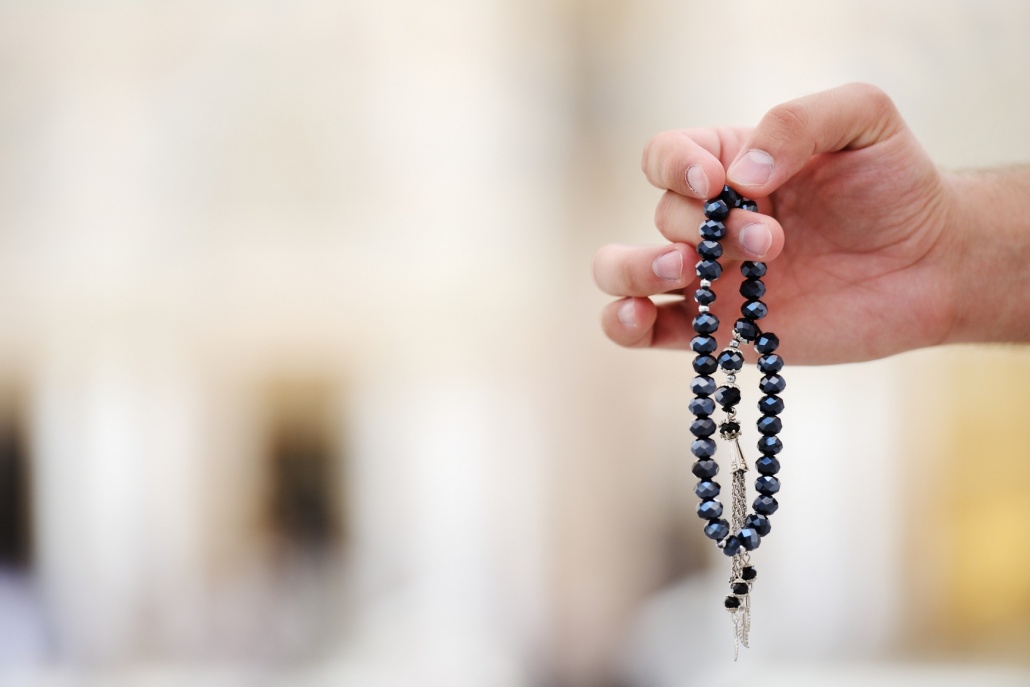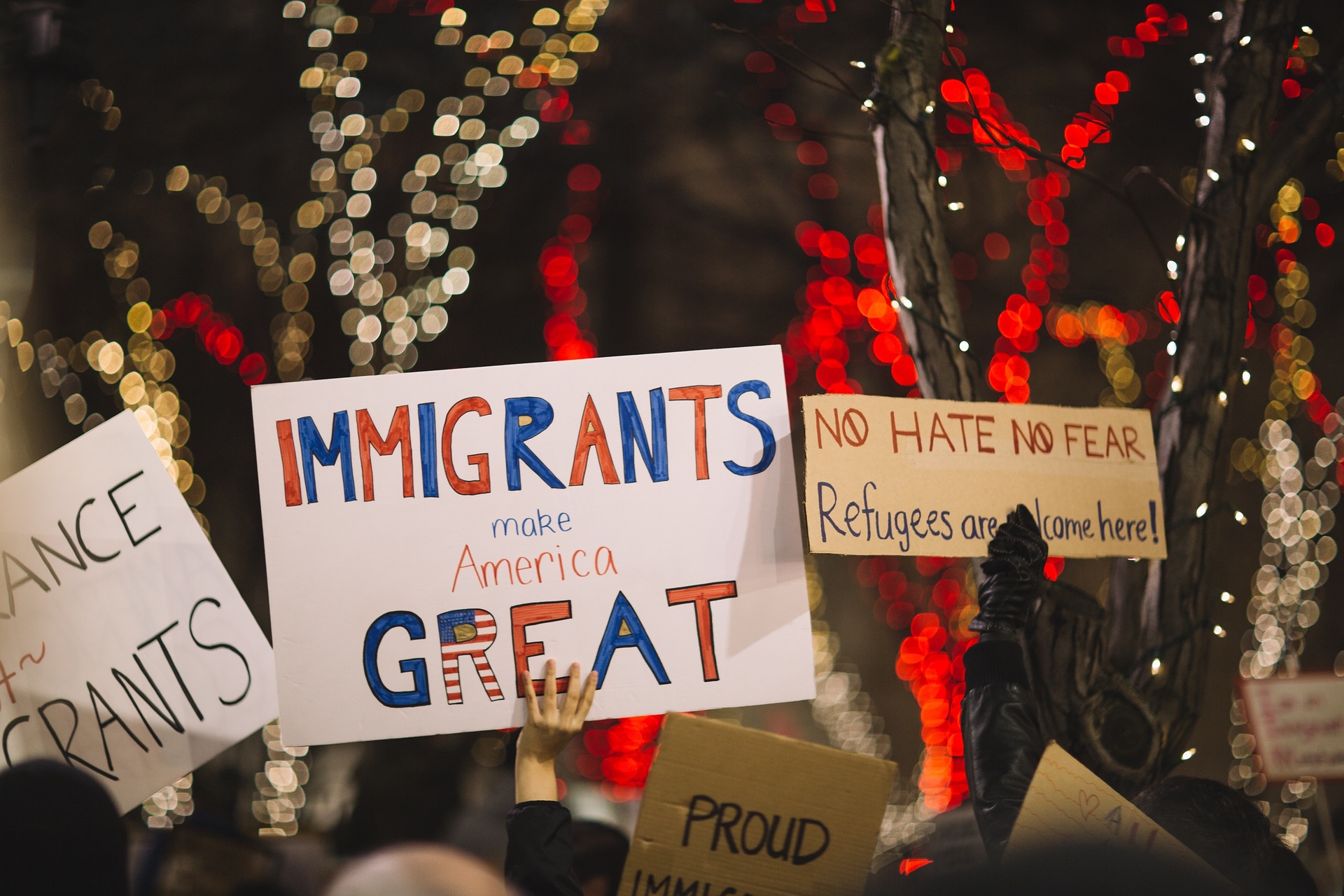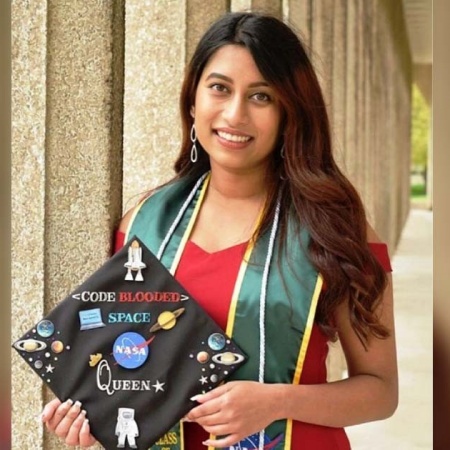Conversions to Islam continue to increase
By Carissa D. Lamkahouan
TMO Contributing Writer
The tragedies of Sept. 11, 2001, were a catastrophic and pivotal moment for the United States and for Islam. In its aftermath, the lens through which millions of Americans viewed Muslims changed dramatically, and often for the worse, following the horrible events of that day when 19 hijackers took the lives of more than 3,000 innocent people.
However, since then it’s been well documented that Islam, despite falling victim to increasingly negative media portrayals, the continuing rise of Islamic terrorism around the world and, as a result, rising societal prejudice, continues to win converts, women in particular. In fact, many researchers point to Islam as the world’s fasting-growing religion with no signs of slowing.
Earlier this year the Pew Research Center released a study accompanied by a 245-page report of its findings. Its conclusions: By the year 2050 the number of followers of Islam, now the world’s second-largest faith only behind Christianity, is expected to grow at such a swift rate as to achieve a roughly equal amount of adherents as Christianity by the year 2050.
In actual numbers, the Pew report concluded Islam will increase from 1.6 billion followers to 2.76 billion by 2050, accounting for almost one third of 9 billion, the expected global population by that time. By contrast, during the same time period Christianity will only increase its numbers from 2.1 billion to 2.9 billion, accounting for more than 31 percent of the world’s people. What’s more, by 2050 Muslims are expected to outnumber Jews in the United States and assert itself as the largest non-Christian religion in the country.
With so much expected growth, the obvious question is why. One reason is the higher-than-average birth rate among Muslim families, but converts play a large and important role in shaping Islam’s future. Aisha Chudnoff, who was born in New Mexico to convert parents, shared her ideas about why many people are turning to Islam, despite the challenges such a conversion could present in this day and age.
“I heard so many stories of people converting to Islam after 9/11,” she said. “After it happened so many people realized they didn’t know a lot about Islam and they were surrounded by news of these people (Muslims) who hate them and who were causing so much wrong in the world that they became curious and started looking into the religion.”
From there, Chudnoff said, the beauty of Islam is inescapable.
“Once you start to search and find the actual truth your eyes are opened to how right Islam is,” she said.
Research supports Chudnoff’s claim. Many converts have stated they were drawn to the religion’s simplicity, logical doctrine and unwavering commitment to monotheism.
“Islam is one of the only religions that believes in one God, no ifs, ands or trinities,” said Jack Ross of California.
The Quran’s wealth of scientific miracles and the beauty of its text, Islam’s lack of clerical hierarchy, its doctrine of social justice and its teachings about equality toward women are also listed as strong persuading arguments for those considering Islam as their faith of choice.
However, Georgia Hutchinson of Minnesota said it’s the media’s relentless negative depiction of Islam and the inherent mistrust many people have toward mainstream news outlets that lead people to seek out answers for themselves. She said they are often surprised by what they discover.
“There are so many misconceptions and confusion out there that a lot of people feel the need to know for themselves what Islam is all about, and when they do they are pleasantly surprised by what they find,” she said.
Of course, many people come to study Islam from a place of genuine curiosity and convert out of true conviction. Still, it must be acknowledged that others, oftentimes women, embrace the religion out of convenience, most especially before marriage.
In fact, this situation is so common that many female converts are often asked if they became Muslim because of their involvement with or marriage to a Muslim man. However, this type of spiritual conversion is not exclusive to Islam.
Mary Wilkins of Texas was a lifelong Baptist Christian before converting to Catholicism upon her own marriage. She, like many Muslim converts, faced resistance from her family when she announced her decision. However, she was able to find her spiritual and familial balance by staying true to who she was not only in her dealings with her family but also in the practice of her new faith.
For instance, before converting she told her husband she would raise their future children Catholic but she would not confess her sins to a priest as is prescribed in the Catholic Church. Instead, she held fast to her original practice of repenting to God in private.
Samantha Mortz, a Muslim convert from Louisiana who accepted Islam after her marriage, said retaining her identity and personality also helped to ease her family into acceptance of her new religion.
“They saw that I was still myself and, hopefully, a better person,” she said. “In fact one day my aunt said to me, ‘You’re still you but you with a scarf on your head,’” Mortz said.



















2015
1,124 views
views
0
comments